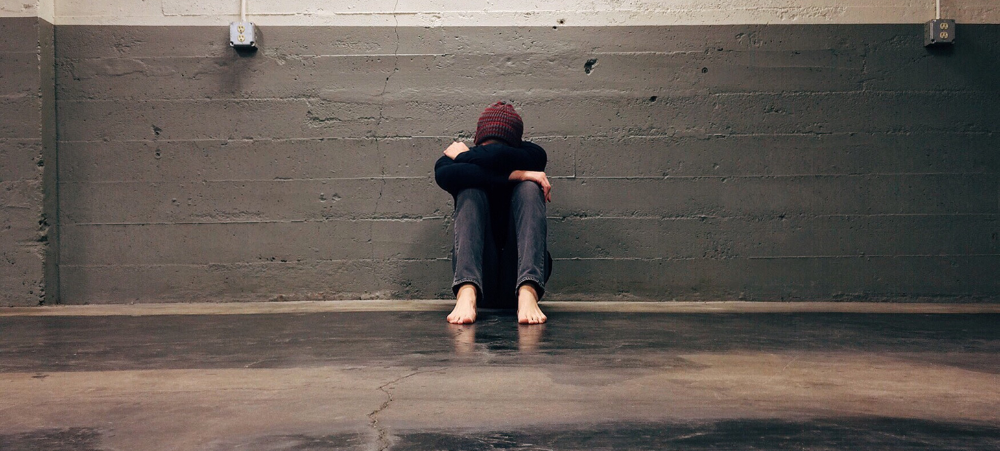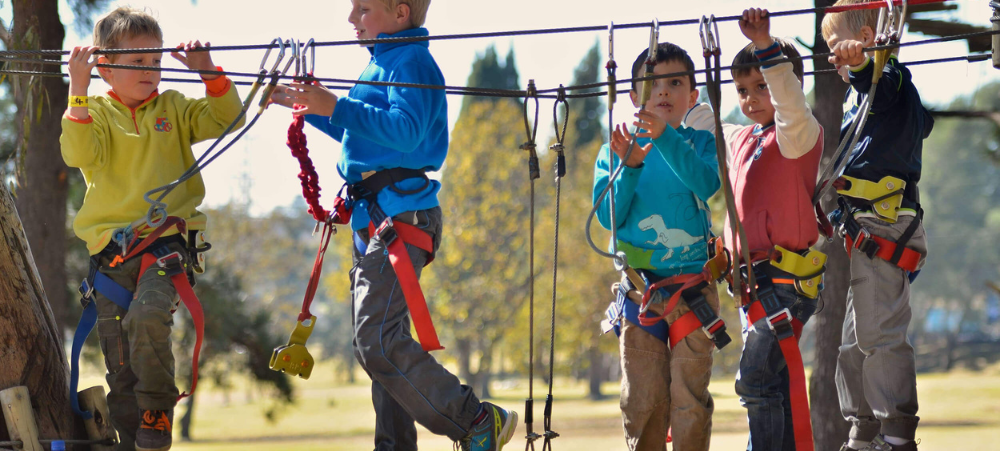Social involvement also known as social participation refers to one’s degree of participation in a certain community or society. To model social involvement, means to directly teach children, learners or students to act responsible within their social environment. Social responsibility is of the utmost importance. We as adults need to actively show the next generation, how to be social responsible and act with responsibility towards their community, their society as well as their environment.
By engaging learners and students in social projects, where they can experience something of the world out there, we show them that every little bit is useful. Talking about social involvement doesn’t mean to do 67 minutes once a year and then it is done and over with. It means to be socially aware and be actively part of the society within which we life and serve. Furthermore, it contains the projects and schemes where we can be involved, as well as the identification of shortfalls where we can still contribute.
Social involvement for the next generation, will involve way more than helping the poor and providing blankets and food for the cold and hungry. Means to act out social involvement become scarce with every day passing, which implicates that the new generation, should not only learn to be involved but also to be innovative in their involvement.
Social participation is critical even in communities led by civic, philanthropic and other senior leaderships in communities… What is very important is that the community take ownership of their own society and environment. By involving the next generation in certain projects, they can learn the necessary skills as well as try their hand at projects under the watchful eye of experienced people. That will also ensure that they are tutored to not only participate but to participate with responsibility. Without true community ownership, collective impact efforts will not be sustainable and lasting. Beneficiaries give the work its context and their involvement accelerate the desired change.
Mary Meehan, cultural scientist (The next generation, what matters to Gen We. www.forbes.com. 11 August 2016) describes the new generation as kids moving through those teen years right now; it’s the generation after the Millennials. She also identifies them with the following characteristics:
Socially Just, Not Just Social – Although they do not socialise a lot, they have another set of values, protecting themselves and their friends against unfairness of others.
Wired and Worldly – We all know that teens are glued to their tiny, personal screens (much like many of us). Sure, it can be annoying and sometimes dangerous, but this is the way it is. Moreover, the implications of being wired to the world go beyond their constant contact with friends. Technological innovation has given the new generation a form of independence older generations never knew. It allows them to be out in the world exploring, learning, meeting, and forming communities all on their own, with no physical boundaries.
Wary, Worry – Many teens report feeling stressed by the demands of school. The pressure is on to do well and get into a good college. Social pressures are exacerbated by social media, the increased divorce rate and the general change in people’s sense of safety and security. These situations increase their worries and often lead to depression.
Gigging the Days Away – Many reports show that the new generation leans towards career and financial stability but the path to get there is something different from what other generations knew. They look at a career differently and the way to get to success also uses another formula.
If we look at these characteristics, it is important to realise that we need modern and innovative way in which to involve the new generation in social participation. Let them use the ends to their needs, like social media and technology to embrace participation in future social projects. Let them develop their social skills amongst their peers and in the meantime, they get more people involved. Give them the steering wheel, and while keeping a watchful eye on them, teach them how to drive into the future.
_____________________________________________
By Bridget Grobler, Accounting and Business Studies teacher at Abbotts College Centurion
- The B-Word: Understanding & Addressing Bullying in Schools - April 4, 2025
- Stress Less, Achieve More: Parental Strategies to Soothe Exam Nerves - November 25, 2024
- A Principal’s Perspective: Nurturing Resilience & Endurance in Your Child - July 15, 2024





